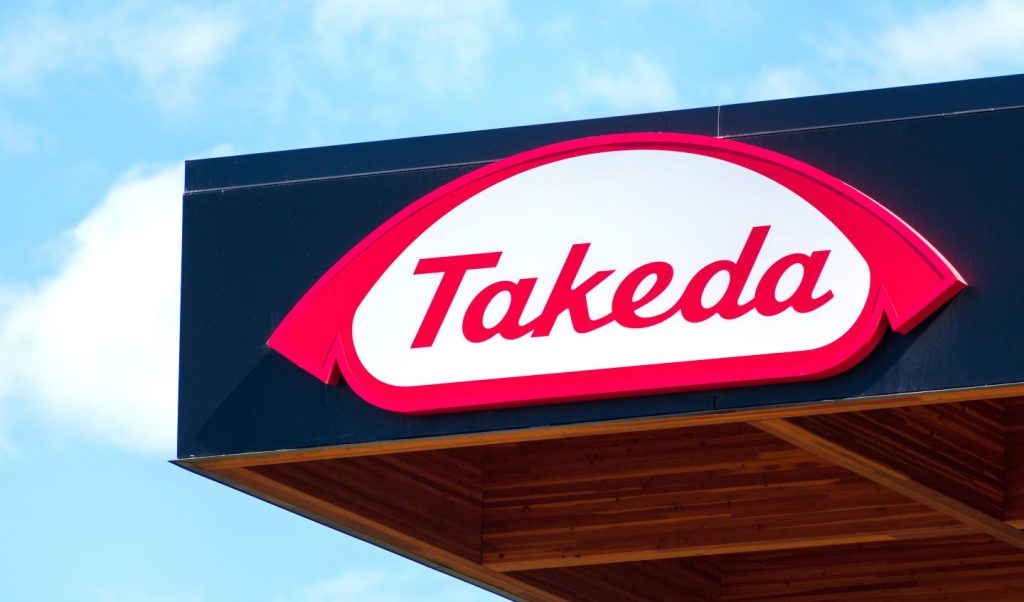Sintilimab is under clinical development by Innovent Biologics and currently in Phase I for Metastatic Melanoma. According to GlobalData, Phase I drugs for Metastatic Melanoma have an 81% phase transition success rate (PTSR) indication benchmark for progressing into Phase II. GlobalData’s report assesses how Sintilimab’s drug-specific PTSR and Likelihood of Approval (LoA) scores compare to the indication benchmarks. Buy the report here.
GlobalData tracks drug-specific phase transition and likelihood of approval scores, in addition to indication benchmarks based off 18 years of historical drug development data. Attributes of the drug, company and its clinical trials play a fundamental role in drug-specific PTSR and likelihood of approval.
Sintilimab overview
Sintilimab (Tyvyt) is a monoclonal antibody which acts as an anti-neoplastic agent. It is formulated solution for intravenous route of administration. Tyvyt is indicated for the treatment of patients with classical hodgkin’s lymphoma (cHL) that has relapsed or refractory after two or more lines of systemic chemotherapy. It is also indicated in combination of pemetrexed and platinum-based chemotherapy for first-line EGFR or ALK-negative advanced non-squamous NSCLC treatment, combination with gemcitabine and platinum-based chemotherapy is suitable for locally advanced or metastatic squamous forms that are not resectable first-line treatment of NSCLC and in combination with bevacizumab for the first-line treatment of hepatocellular carcinoma. Tyvyt is indicated in combination with cisplatin plus paclitaxel or cisplatin plus 5-fluorouracil chemotherapy for the first-line treatment of unresectable, locally advanced, recurrent or metastatic esophageal squamous cell carcinoma (ESCC).
See Also:
IBI-308 is under development for the treatment of recurrent or metastatic angiosarcoma, recurrent glioblastoma, metastatic undifferentiated pleomorphic sarcoma, mucoepidermoid carcinoma, acinic cell carcinoma, oral cavity squamous cell carcinoma and oropharyngeal squamous cell carcinoma, squamous non-small cell lung cancer, salivary gland cancer, adenoid cystic carcinoma, hepatocellular carcinoma, rectal cancer, advanced metastatic urothelial carcinoma, triple negative breast cancer, recurrent and or metastatic head and neck squamous cell carcinoma, higher-risk myelodysplastic syndrome, endometrial cancer, hepatocellular carcinoma (HCC), EBV-associated lymphoproliferative disease including relapse/refractory EBV-related hemophagocytic syndrome, non-metastatic rectal cancer, muscle invasive bladder cancer (MIBC), acral melanoma, advanced pancreatic cancer, brain tumor, melanoma, melanoma (adjuvan) therapy, primary mediastinal B-cell lymphoma, peripheral T-cell lymphomas, intrahepatic cholangiocarcinoma, metastatic renal cell carcinoma, classic Hodgkin's lymphoma, various tumor types including dedifferentiated liposarcoma, nasopharyngeal cancer, neuroendocrine tumors gastric cancer, melanoma, metastatic esophageal squamous cell carcinoma, bladder cancer, small-cell lung cancer, metastatic colorectal cancer, endometrial cancer, adenocarcinoma of the gastroesophageal junction, hepatocellular carcinoma, squamous non-small cell lung cancer, non-squamous non-small cell lung cancer, cervical cancer, thoracic malignancies, recurrent epithelial ovarian cancer, fallopian tube cancer, primary peritoneal adenocarcinoma, gallbladder cancer and dMMR/MSI-H Stage III colorectal cancer, metastatic cutaneous melanoma and metastatic pancreatic cancer. It is administered intravenously. The drug candidate is a monoclonal antibody and targets immune checkpoint, programmed cell death protein 1 (PD1). It was also under development for Non-Hodgkin lymphoma, kidney cancer and metastatic prostate cancer, angioimmunoblastic T-cell lymphoma, anaplastic large cell lymphoma.
Innovent Biologics overview
Innovent Biologics is a biopharmaceutical company that carries out the research, development and manufacturing of monoclonal antibodies. It provides products for various diseases such as metabolic, cancer, autoimmune diseases and other therapeutic areas. The company’s oncology products include sintilimab injection, bevacizumab injection, rituximab injection, pemigatinib, olverembatinib, ramucirumab, and others. Its autoimmune drugs are adalimumab injection, IBI-353, IBI-112 and IBI-314, among others. The company’s metabolic and ophthalmology products include IBI-306, IBI-362, IBI-302, IBI-324, IBI-311
For a complete picture of Sintilimab’s drug-specific PTSR and LoA scores, buy the report here.
Premium Insights
From

The gold standard of business intelligence.
Blending expert knowledge with cutting-edge technology, GlobalData’s unrivalled proprietary data will enable you to decode what’s happening in your market. You can make better informed decisions and gain a future-proof advantage over your competitors.




